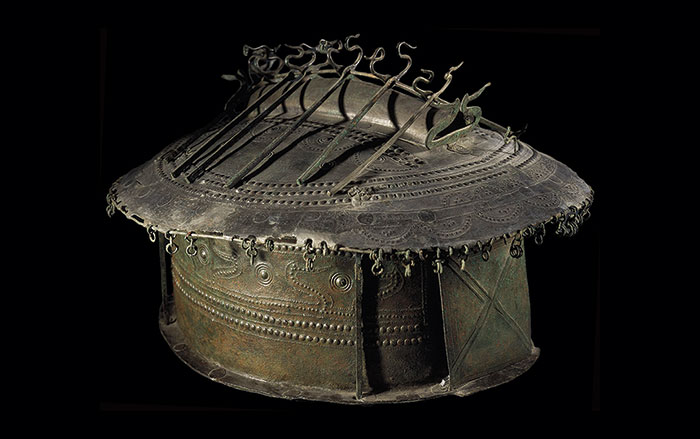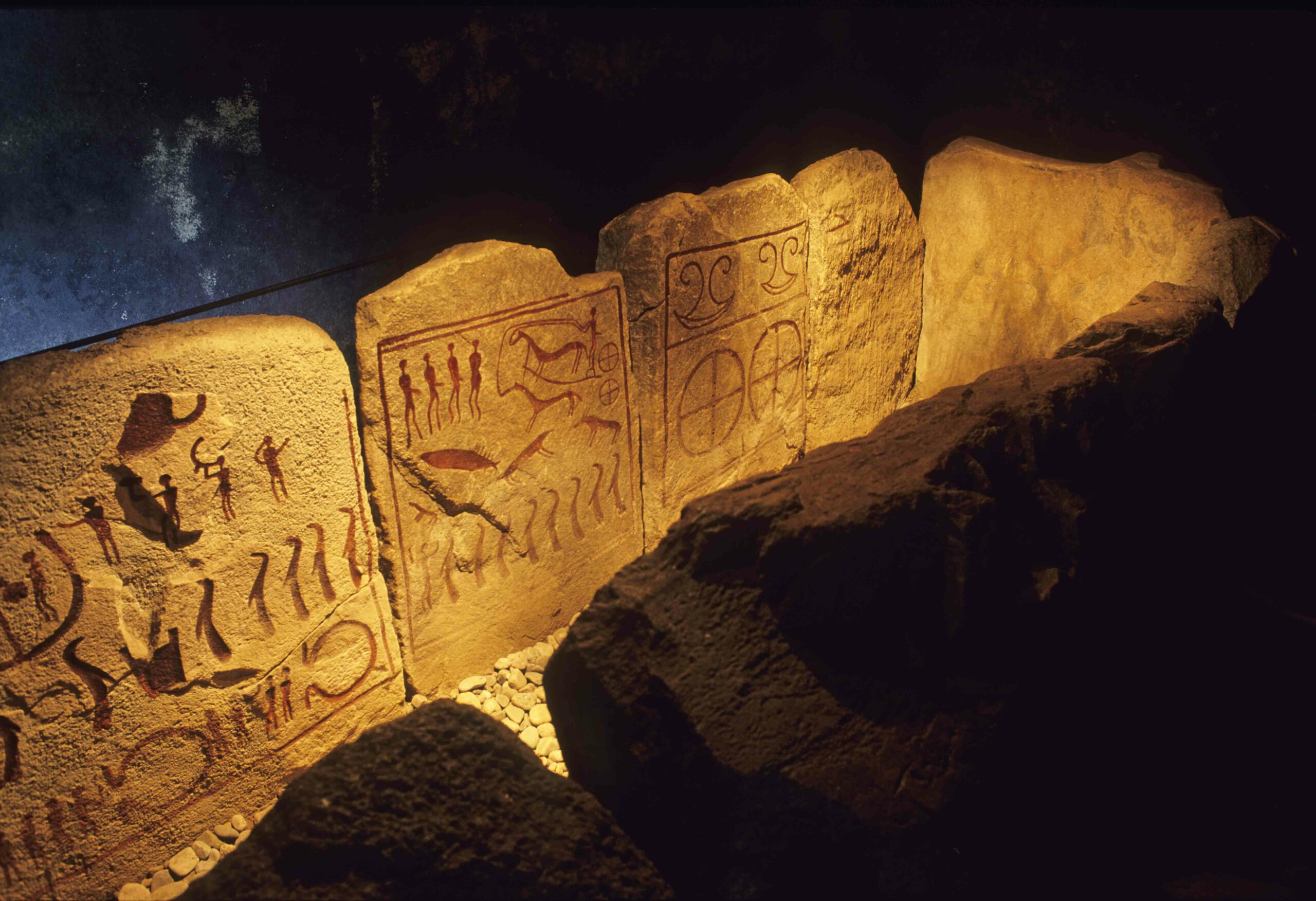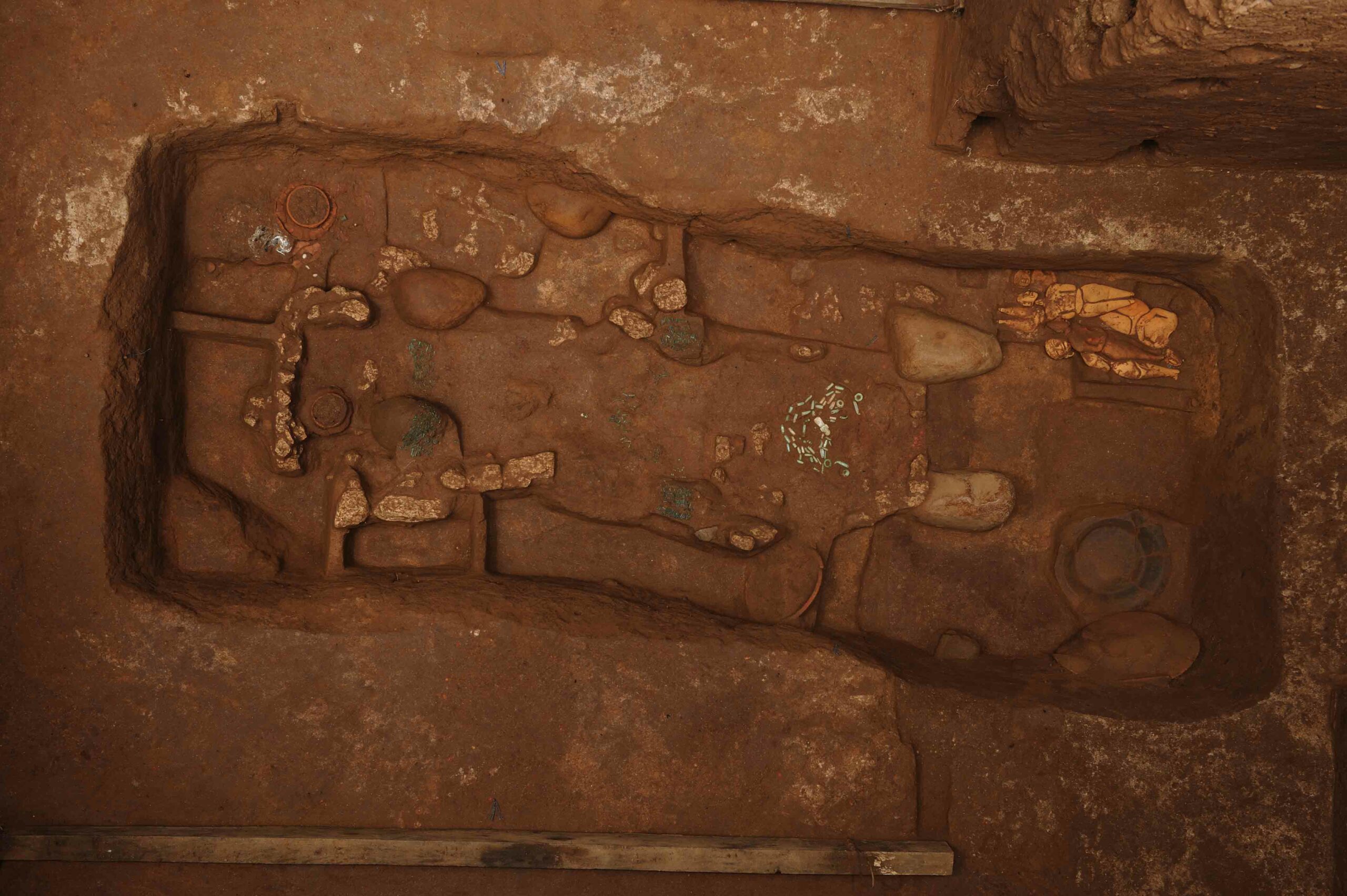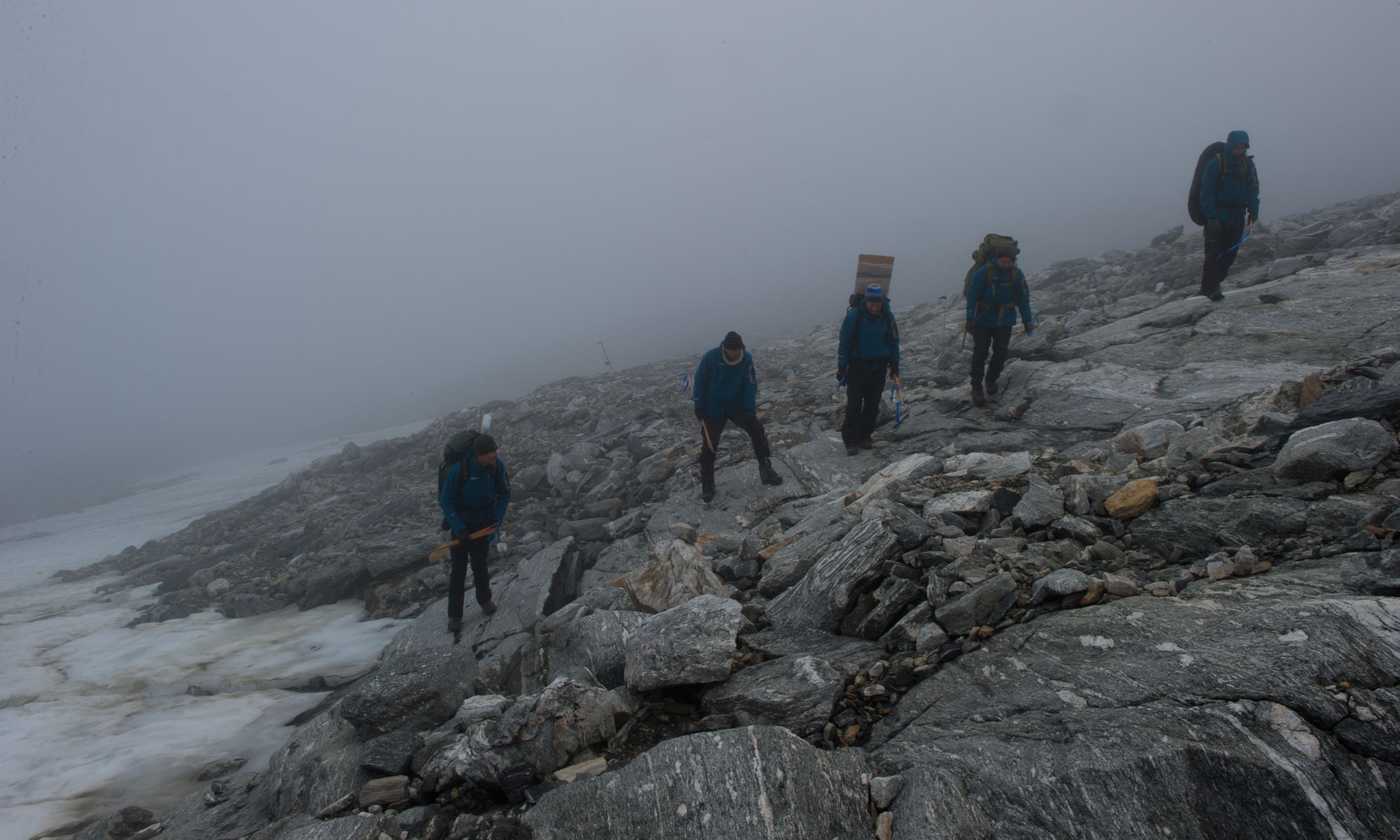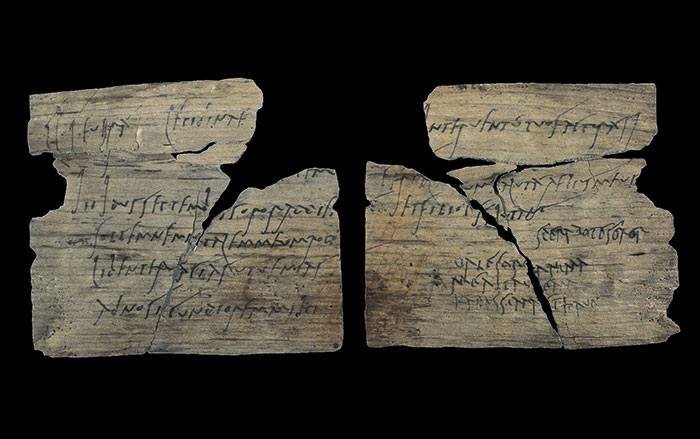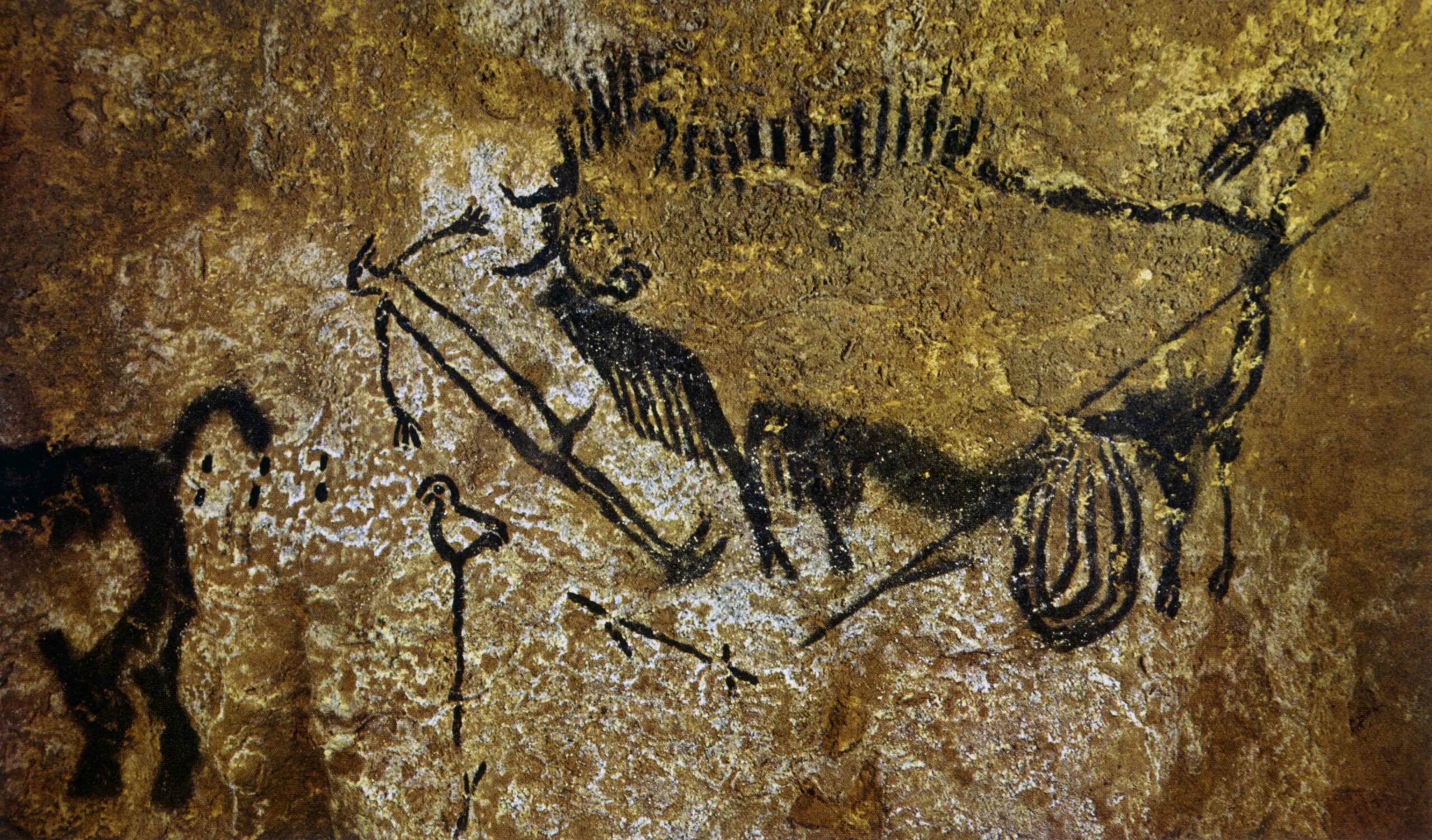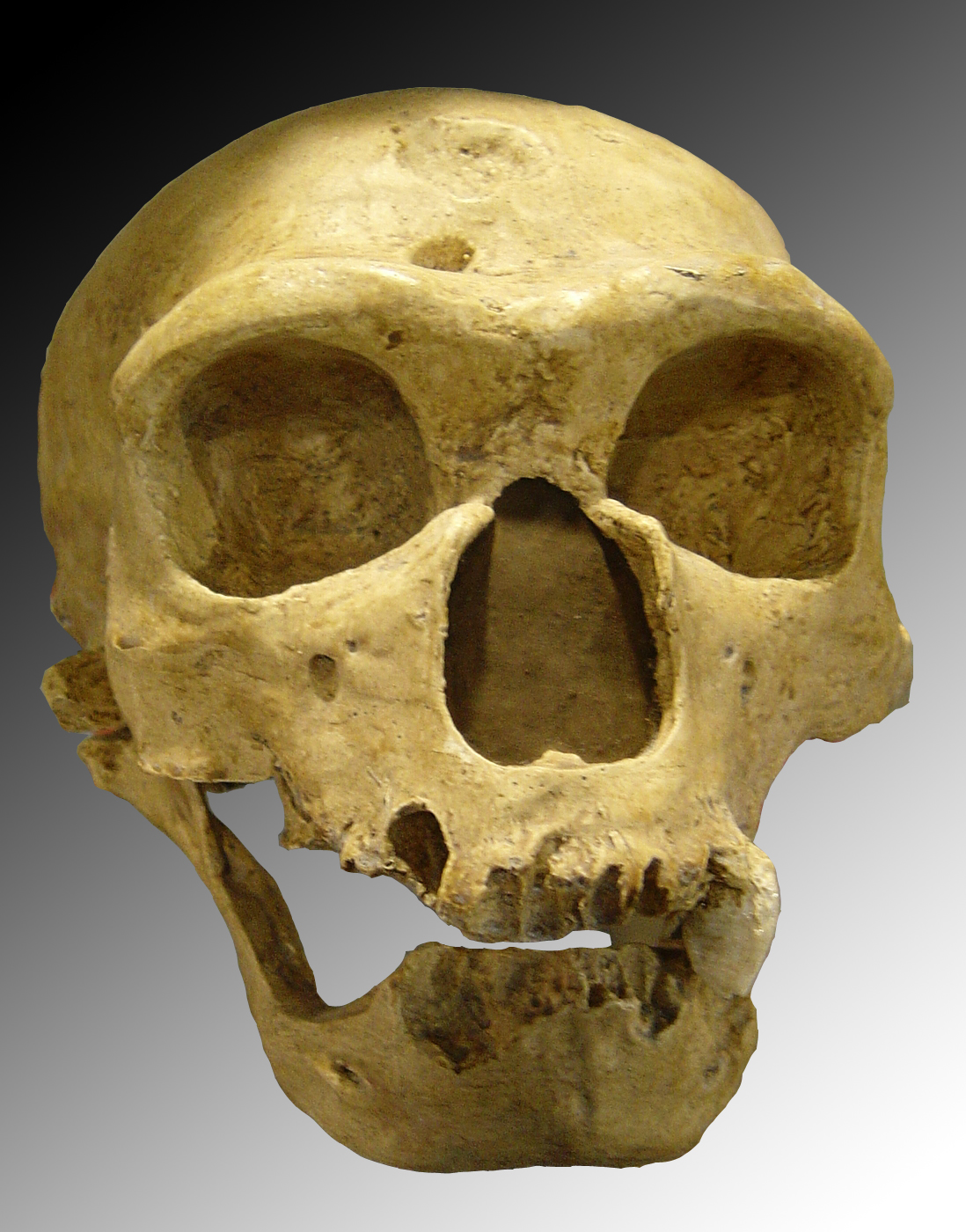
LONDON, ENGLAND—Evolutionary geneticist David Reich of Harvard Medical School and Svante Pääbo of the Max Planck Institute for Evolutionary Anthropology in Leipzig, Germany, have produced new, more complete genome sequences for Neanderthals and Denisovans. The improved information indicates that modern humans and ancient human groups living in Europe and Asia mingled with each other more extensively than had been previously thought. Denisovans also interbred with another extinct, unknown archaic human population more than 30,000 years ago. “What it begins to suggest is that we’re looking at a ‘Lord of the Rings’-type world—that there were many hominid populations,” commented Mark Thomas of University College London, who attended the meeting at the Royal Society in London where the genomes were presented.






